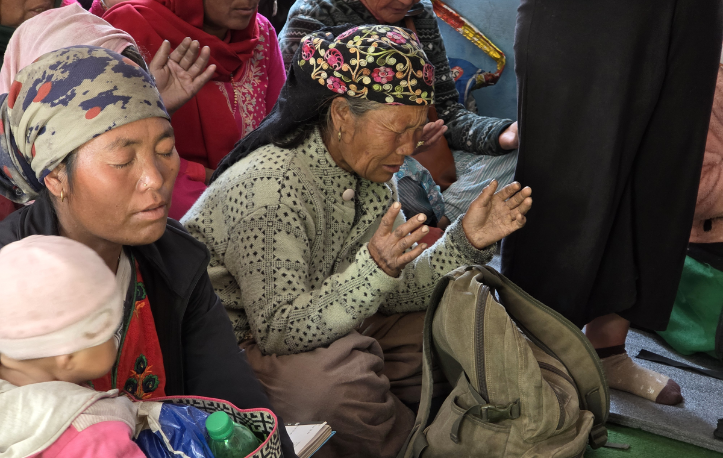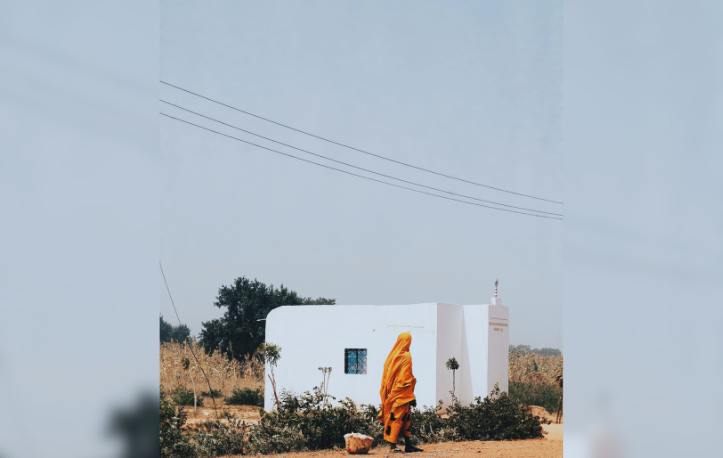A harsh amendment to Belarus’s Law “On Freedom of Conscience and Religious Organisations” is set to take effect on 5 July 2024, with the intention of further limiting the operations of Christian organisations and churches. Because of their ties to other Western religious organisations, Protestant and Catholic communities will be particularly affected by this.
Requirement to re-register
The amendment tightens restrictions and requires all registered religious organisations to re-register within a year, or by 5 July 2025. It keeps the prohibition on any unregistered religious activity in place, with fines and/or up to two years in jail as penalties.
According to the law, citizens listed in the official register of people involved in extremist activities cannot be leaders or founders of religious organisations. But in reality, extremism is a broad term that encompasses any behaviours that do not reinforce the regime, even the tiniest ones like “liking” a post. It implies that any citizen could be deemed an extremist at any time, which would prohibit them from being a co-founder or a leader of a church or other Christian institution.
The need to provide a list of at least twenty adult founding members, along with their personal information such as address, phone number, and place of employment or study, presents another challenge. It will likely keep out a large number of people who don’t want to give the government this information out of concern about being watched and harassed. Furthermore, many of the rural communities that are now in operation will be unable to register due to the number of individuals required.
Many other restrictions found in the Act, many of which are worded quite broadly, will give decision-makers the ability to refuse registration on a discretionary basis. In this regard, the Plenipotentiary for Religious and Ethnic Affairs was given broad authority. Churches and organizations that fail to re-register will be automatically dissolved, and all their further operations will be deemed unlawful.
Ideology of the Belarusian State
Even if the verification is successful, a church or religious organisation may be banned if, for example, it turns out that the religious education it provides for children or adults, its missionary activities, or the literature or other materials it distributes are contrary to the “ideology of the Belarusian state”. This term is not defined, which opens the way to enormous abuses by the authorities, who, as a result of the amendment, received additional tools to tighten censorship and monitor religious activities.
The crackdown on Christ-followers whom the authorities view as disloyal has obviously intensified in recent months, which is indicative of the path the Belarusian dictatorship is taking. The Supreme Court affirmed the decision to liquidate the New Life Church in Minsk on 12 December 2023. The social media post and video clip that the church shared in 2020 and that the regime labelled as “extremist” was the cause. Additionally, pastors are getting arrested increasingly frequently and typically receive prison sentences of several days. This year, in February and March, Pastor Alexander
Zareckij was detained for thirty days for his daring to conduct an “extremist” prayer for those who were wrongfully imprisoned and for Ukraine.
What to anticipate
There is no doubt that Belarus is evolving towards a totalitarian state. The regime consistently strives to eliminate all dissidents from public space. We can, therefore, expect that many churches and Christian organisations will not be re-registered and will be forced to go ‘underground’. Under a similar law, in 2023, all political parties operating in Belarus had to undergo a re-registration process. Out of the fifteen parties that existed at that time, only four remained (all pro-regime and pro-Russian). In turn, in 2022, under the amendment to the Education Act, all schools were to obtain a state license. Most non-public institutions did not successfully complete the verification process. In Minsk, out of twelve such entities, only three received a government license.
There are many indications that Christians will be methodically pushed out of social life and forced to act outside the applicable law. Churches that lose their registration and those that already operate without registration will be exposed to increasing repression. Registered churches will be closely monitored and constantly under threat of de-legalisation as a result of an arbitrary official decision. Christians who do not comply with the regime’s orders will face harassment, arrest, fines, and prison sentences.
Sources: GPCh Analysis of the Law “On Freedom of Conscience and Religious Organizations” in the original language; GPCh contacts; Centre For Eastern Studies; Forum 18; Christian Vision for Belarus




Submit a Prayer